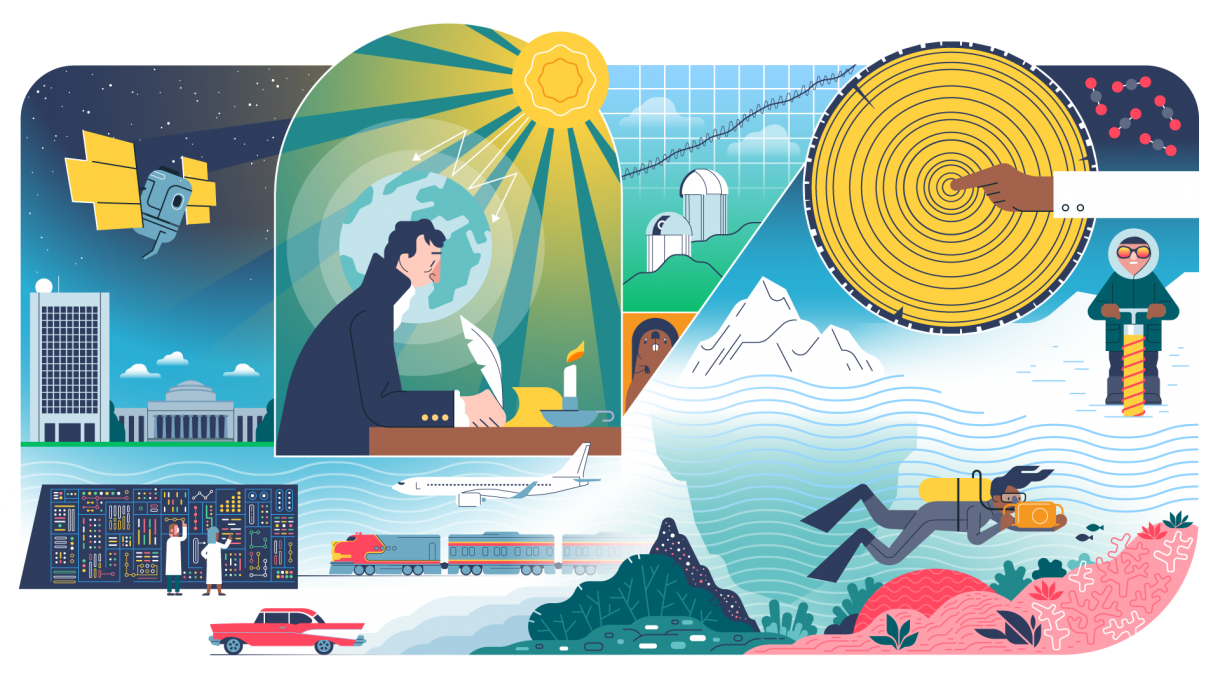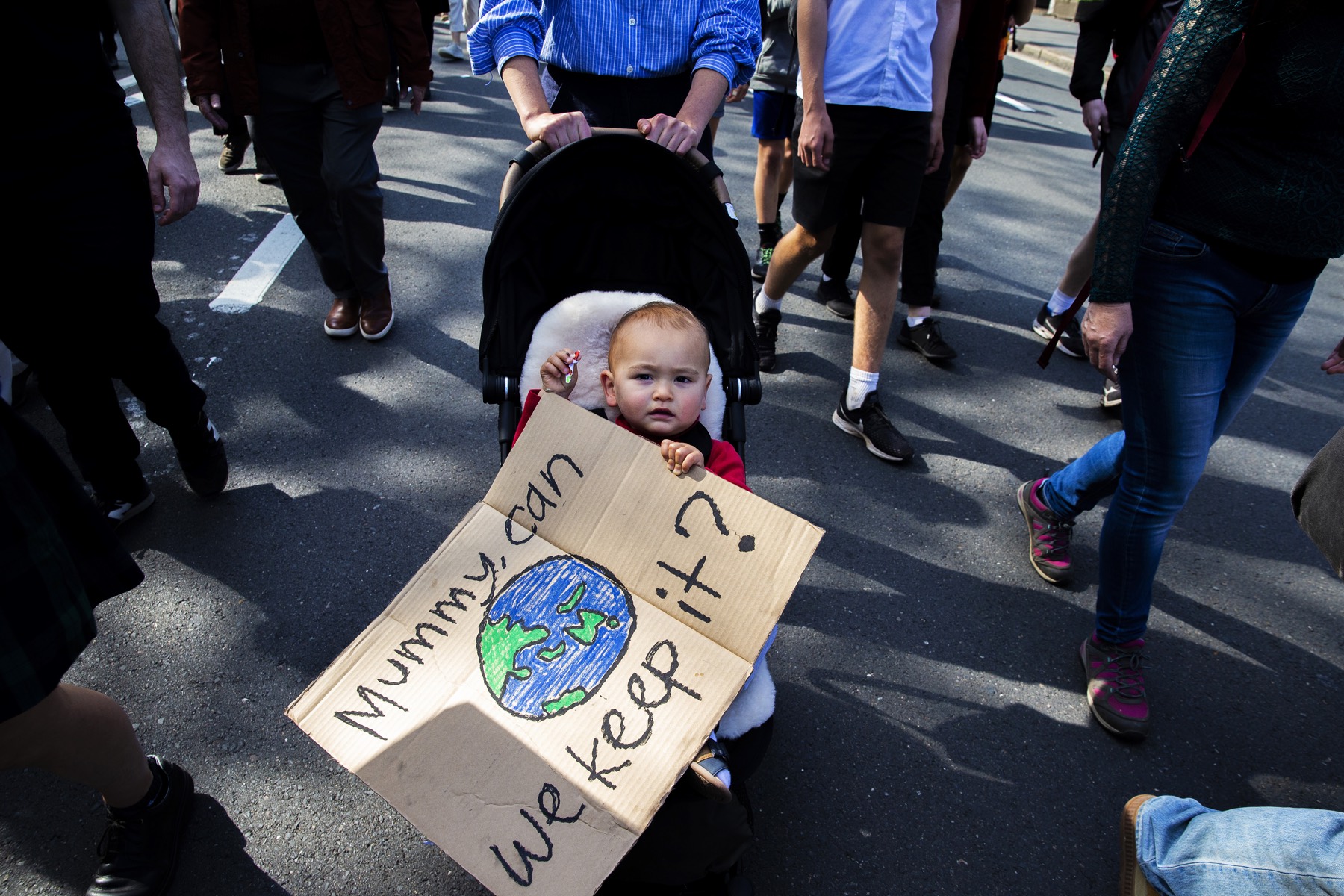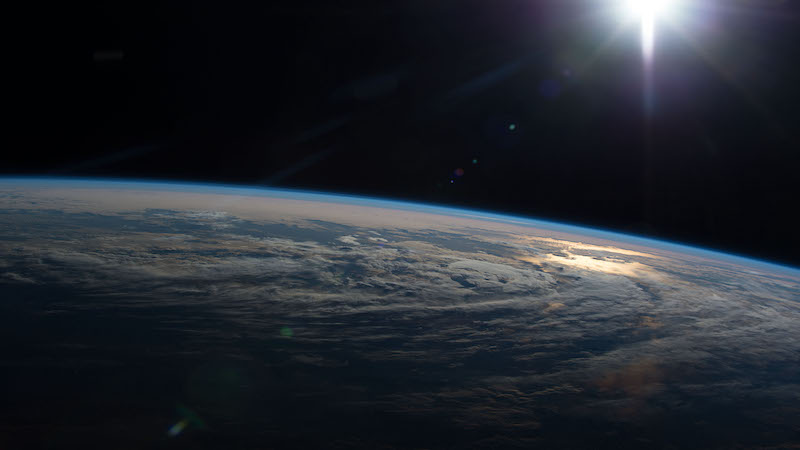Recent scientific studies reveal that global warming is not only affecting the climate but also altering the Earth’s rotation and length of day. As the planet heats up, massive ice sheets in Greenland and Antarctica are melting. This melting ice flows into the world’s oceans, particularly in the equatorial region, changing the Earth’s shape and slowing its rotation. Benedikt Soja of ETH Zurich explains that this shift in mass impacts the Earth’s rotation. Consequently, days are becoming longer, though the increase is minimal—only a few milliseconds each day. However, even such small changes can affect GPS, communications, and space travel.

Interconnected Processes Within Earth
This phenomenon isn’t entirely new. A 2021 study similarly found that melting glaciers, driven by rising atmospheric temperatures from fossil fuel consumption, have redistributed enough water to cause the North and South Poles to shift eastward since the mid-1990s. Vincent Humphrey from the University of Zurich likens the Earth to a spinning top; when its mass shifts, the top leans and wobbles, altering its rotational axis. This analogy helps explain how the Earth’s rotational axis changes due to mass redistribution from melting ice.
Adding to the complexity, tidal friction caused by the moon also contributes to the Earth’s rotational slowdown. However, new studies suggest that human-induced climate change could ultimately have a more significant impact on the Earth’s rotation than the moon’s gravitational pull, which has influenced the length of days for billions of years. This underscores the profound responsibility humans have regarding the future of our planet, as emphasized by Soja.
Mostafa Kiani Shahvandi, a doctoral student and lead author of one study, highlighted in Nature Geoscience that processes on and within the Earth are interconnected and influence each other. Ongoing climate change could be affecting processes deep inside the Earth, suggesting a more extensive reach of climate impacts than previously assumed.
Implications for GPS, Communication, and Space Travel
The slowing rotation of the Earth due to global warming has significant implications for sensitive technologies and activities. GPS systems, communications devices, and even space travel could be impacted by these changes. Soja points out that even minor deviations in Earth’s rotation need to be accounted for when navigating in space. For example, landing a space probe on another planet requires precise calculations, and a slight deviation on Earth can translate into substantial errors over vast distances. Without considering these changes, landing in specific craters on Mars, for instance, could become impossible.

The studies, published in the peer-reviewed journals Nature Geoscience and the Proceedings of the National Academy of Sciences, highlight the far-reaching consequences of human activities on the planet. They stress the importance of understanding and mitigating these effects to ensure the stability of our environment and the accuracy of critical technological systems. The findings call for increased awareness and action to address climate change and its multifaceted impacts on Earth.
